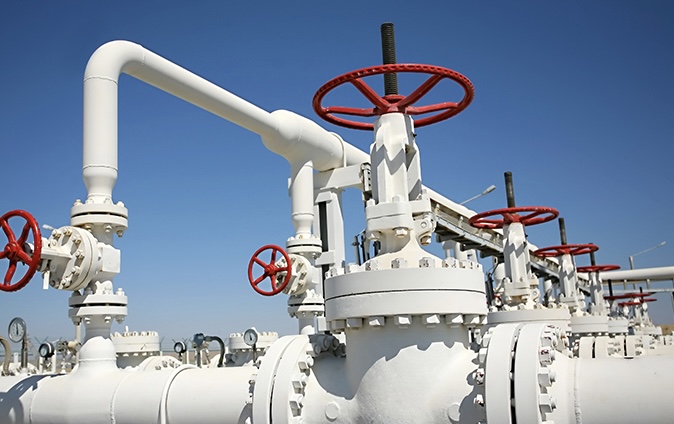The European Union (EU) has taken significant steps to wean itself off Russian gas dependence in the wake of the Ukraine invasion. However, a recent audit by the European Court of Auditors (ECA) reveals chinks in the bloc’s armor when it comes to preparedness for potential future gas supply disruptions.
Scrambling for Gas After Russia Cuts Supplies
Russia’s invasion of Ukraine in 2022 threw Europe’s energy security into disarray. With Russian gas supplies slashed, the EU scrambled to secure alternative sources. Emergency measures were implemented to fill gas storage facilities, incentivize reduced gas consumption across industries, and facilitate joint gas purchases by member states. These actions proved effective in preventing a major gas shortage during the winter of 2022/2023.
The ECA acknowledges the EU’s progress but raises questions about the extent to which these policies were solely responsible for averting a crisis. The uncharacteristically mild winter of 2022 and skyrocketing gas prices, which discouraged industrial gas use, may have played an equally important role.
The report highlights some positive developments. Close cooperation between Brussels and member states fostered the development of new gas supply routes, diversifying import options. Additionally, the EU’s mandatory requirement for countries to fill gas storage to 90% capacity before winter instilled market stability and provided a buffer against potential supply disruptions.
Affordability Concerns: A Gaping Hole in EU’s Strategy
However, the audit identifies a critical shortcoming – the lack of focus on gas affordability for consumers and businesses. Gas prices soared in 2022, exceeding €300 per megawatt-hour (MWh) in August compared to €50 per MWh a year prior. The ECA sharply criticizes the European Commission for failing to model the potential impact of high gas prices, despite anticipating a potential Russian gas cut-off since 2014. This lack of foresight left the EU unprepared for the economic strain high gas prices inflicted on households and industries.
The audit also exposes other areas requiring attention. Six EU member states still retain the option to restrict gas supplies to neighboring countries in an emergency, potentially creating regional disruptions during a crisis. Additionally, the expiry of a key agreement on Russian gas transit via Ukraine later in 2024 adds another layer of uncertainty to the EU’s energy security outlook.
The ECA’s findings highlight the need for the EU to address these vulnerabilities and strengthen its gas crisis preparedness. While diversifying gas imports and bolstering storage capacities are crucial steps, ensuring affordability for consumers and businesses must also be a top priority. Finding the right balance between energy security and affordability will be a key challenge for the EU as it navigates the ever-evolving global energy landscape.
Source: Reuters



